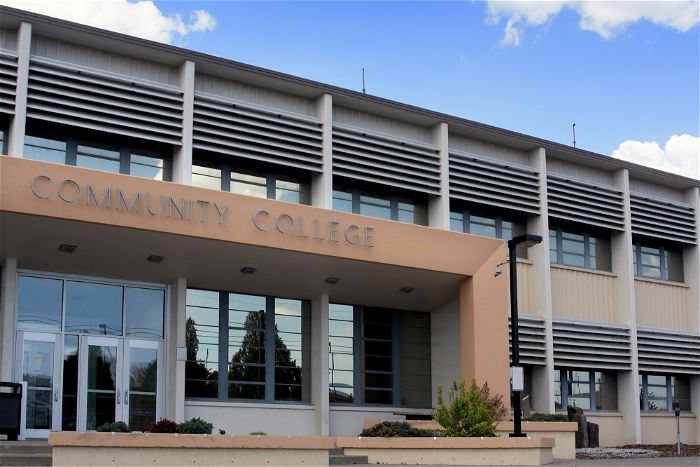For years, there has been debate over expanding federal financial aid, specifically Pell Grants, to cover short-term credential programs. Advocates argue that the status quo is not working for students. They say we need more rapid, flexible options that get people ready for in-demand job opportunities quickly. Critics contend that short-term nondegree programs don’t help workers advance beyond static jobs that pay low wages, specifically harming people of color and people from low-income backgrounds.
The latest episode of JFF’s new podcast, When Policy Meets Practice, dives into this debate and offers examples of state programs for policymakers to consider as they look for effective ways to expand high-quality short-term options.
Host Paul Fain explores this issue with two community college leaders who are members of JFF’s Policy Leadership Trust: Monty Sullivan, president of the Louisiana Community and Technical College System, and Anne Kress, president of Northern Virginia Community College.
In their conversations with Paul, Monty and Anne share their experiences working in states with policies supporting short-term postsecondary education programs and the outcomes they’ve seen. At the end of the episode JFF’s Lexi Barrett and Taylor Maag join Paul for a wrap-up conversation to put the issues in perspective.







